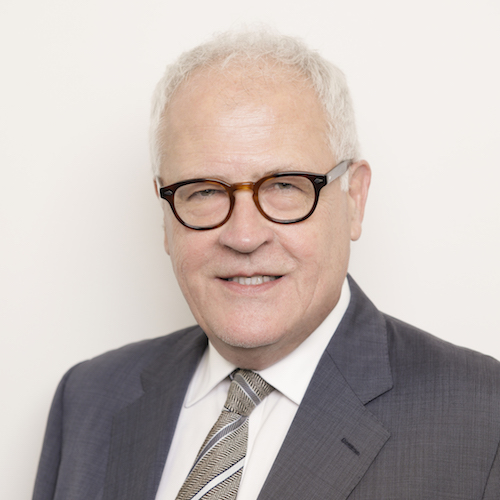In education and development in children, the term support is now widely used, but it has a specific meaning which is not understood by many who use it. In everyday language, the word ‘support’ means to give assistance, to help bear the load. It means something different in education. But you need to understand some theory first.
Learning is the acquisition of knowledge and/or skills in general. Cognitive development has to do with the acquisition of thinking skills. The psychologist Lev Vygotsky proposed that children learn through social interactions with others. And this learning leads to cognitive development.
The psychologist Jean Piaget held the opposite; through maturity children acquire new levels of thinking skills; of cognition. And as it happens, they do so in stages, rather than evenly and smoothly through childhood. These skills are required for learning, and therefore they must precede learning at any given stage.
Vygotsky said children can acquire knowledge simply by interacting with the world in their daily lives, without being taught by anyone. But, they could learn more at any given moment in childhood, acquire more knowledge, if they were taught. He uses two important terms:
- Zone of Proximal Development (ZPD) – that zone of things that can only be learned only by being taught. It’s lower limit is the uppermost level of learning a given child can achieve without teaching. It’s upper limit is the uppermost level of learning a child can achieve with the most enriched tuition.
- More Knowledgable Other (MKO) – is of course the person who does the teaching. We think of parents, and school teachers, but in any given instance of learning the MKO can be anyone.
Support is what the MKO delivers to the child, to enable him to learn more than he otherwise would. Whilst support is usually thought of as simply assistance and help, as Vygotsky used the term, it is of a completely different quality.
Support means effective tuition. Further, the acquisition of knowledge and skills is consolidated as the child demonstrates that knowledge or skill independent of the support. So support should be provided, and then faded, as knowledge and skills are consolidated. The framework in which the support sits is called scaffolding. Scaffolding is temporary, and is dismantled as the learning consolidates. Just the same as in the building trade.
Without the fading of support, the child does not consolidate the learning.
It is held that Piaget and Vygotsky are diametrically opposed. But I think that is due to a misunderstanding of Vygotsky. By identifying the upper limit of the ZPG, Vygotsky held that no amount of teaching could impart learning in a given child beyond his capabilities at the time. The capacity to learn is not infinite. In that, Vygotsky agreed with Piaget. Put simply, Vygotsky held that we learn through social interaction. Our learning is the foundation of our development of thinking skills. But we do have an upper limit, a glass ceiling, in our ability to learn, at any given age.
Vygotsky wrote in the 1920’s and 30’s. Piaget wrote from the 1930’s to the 80’s.


